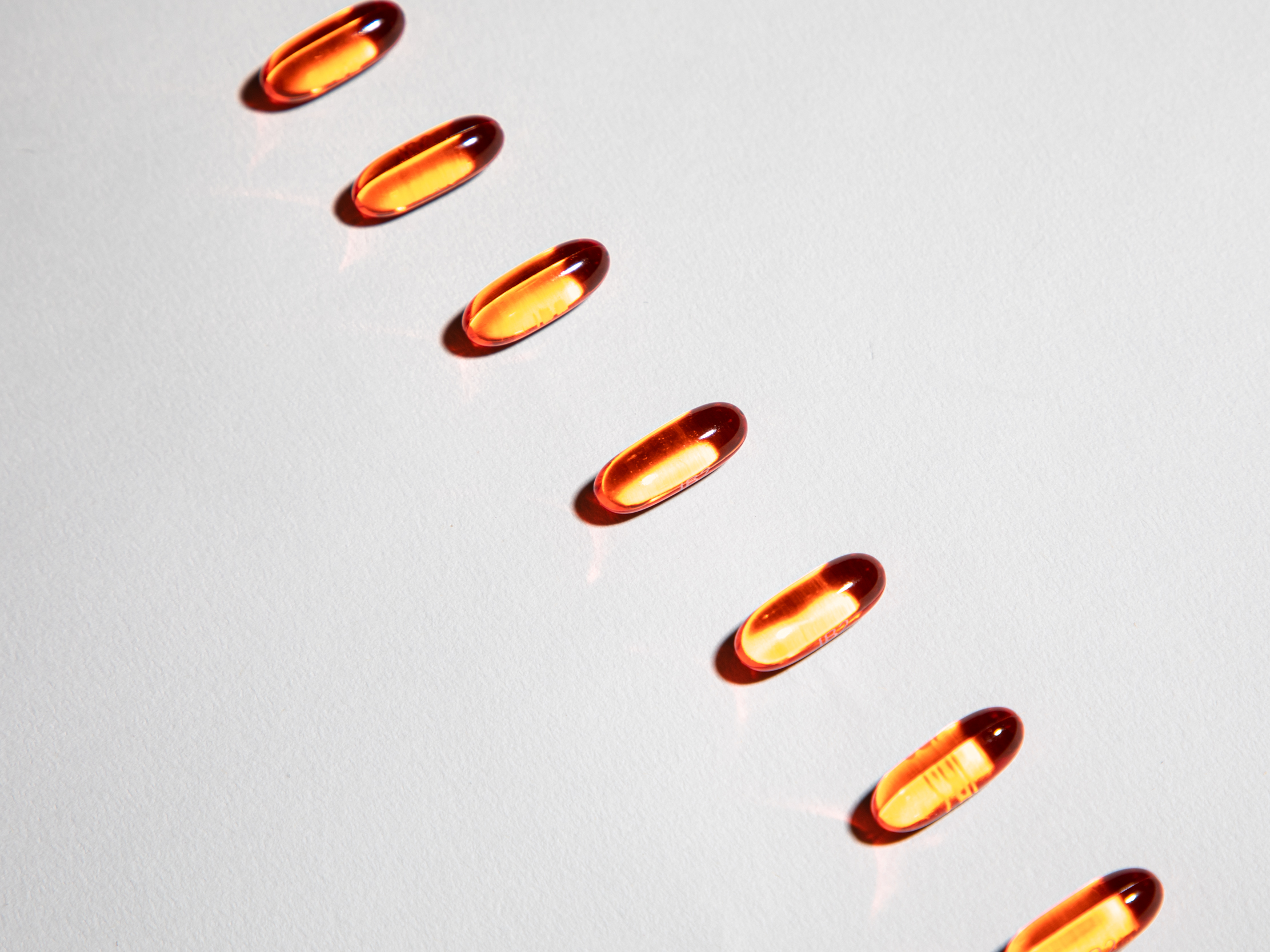- Public Health England’s chief nutritionist said everyone should take 10 micrograms of vitamin D supplements a day while they’re spending most of their time indoors with social distancing measures.
- This advice isn’t new – it’s consistent with previously recommendations that people supplement vitamin D if they’re not getting enough from natural sources like sunlight.
- This may be especially important as people are stuck inside due to the pandemic. However, there’s no evidence vitamin D or any other supplements can prevent or cure coronavirus.
- Visit Insider’s homepage for more stories.
Britain’s chief nutritionist announced new advice on vitamins in response to the coronavirus, recommending that UK residents take 10 micrograms a day of vitamin D supplements.
That’s because many people are staying indoors to help slow the spread of the virus, and as a result have less access to sunlight, which is a natural source of vitamin D.
“With the nation staying in to save lives and protect the NHS, many people are spending more time indoors and may not get all the Vitamin D they need from sunlight,” said Dr Alison Tedstone in a statement provided by the Public Health England’s press office.
The advice is consistent with past recommendations that people without much time in the sun should consider supplementing vitamin D. The update, however, acknowledges that social distancing measures might keep more people indoors, and at risk of vitamin D deficiency.
A lack of vitamin D can cause issues with bones, teeth, and muscles, and lead to decreased bone density and greater risk of fractures and osteoporosis.
Other natural sources of vitamin D include fatty fish like salmon, sardines, and mackerel, egg yolks, red meat, and liver.
There's no evidence vitamin D can prevent coronavirus, but it is important for general good health
It's true that vitamin D does play a role in the health of the immune system, but it's not a substitute for washing your hands and other safety measures.
Research has shown that the immune system needs vitamin D to fight off viruses. It won't protect you from getting the virus if you're exposed, and it's unclear how it would help your body if you were to get it, though vitamin D has been shown to reduce the severity of seasonal flu and help make recovery easier.
If you're getting adequate amounts, however, adding more vitamin D (or any other nutrients) to your diet isn't going to "supercharge" your immune system.
So, the PHE recommendation is for general health, not to specifically protect against coronavirus.
"To protect their bone and muscle health, they should consider taking a daily supplement containing 10 micrograms of Vitamin D - there is no sufficient evidence to support recommending Vitamin D for reducing the risk of COVID-19," Tedstone said.
The PHE also urged the public to avoid hoarding vitamin D and only purchase as much as you need for personal use.
Read more:
Vitamins and supplements won't protect you from the coronavirus despite immune-boosting claims
5 things that can help to boost your immune system during the coronavirus outbreak, and 5 that won't
Intermittent fasting may be a bad idea during the coronavirus pandemic, according to experts
